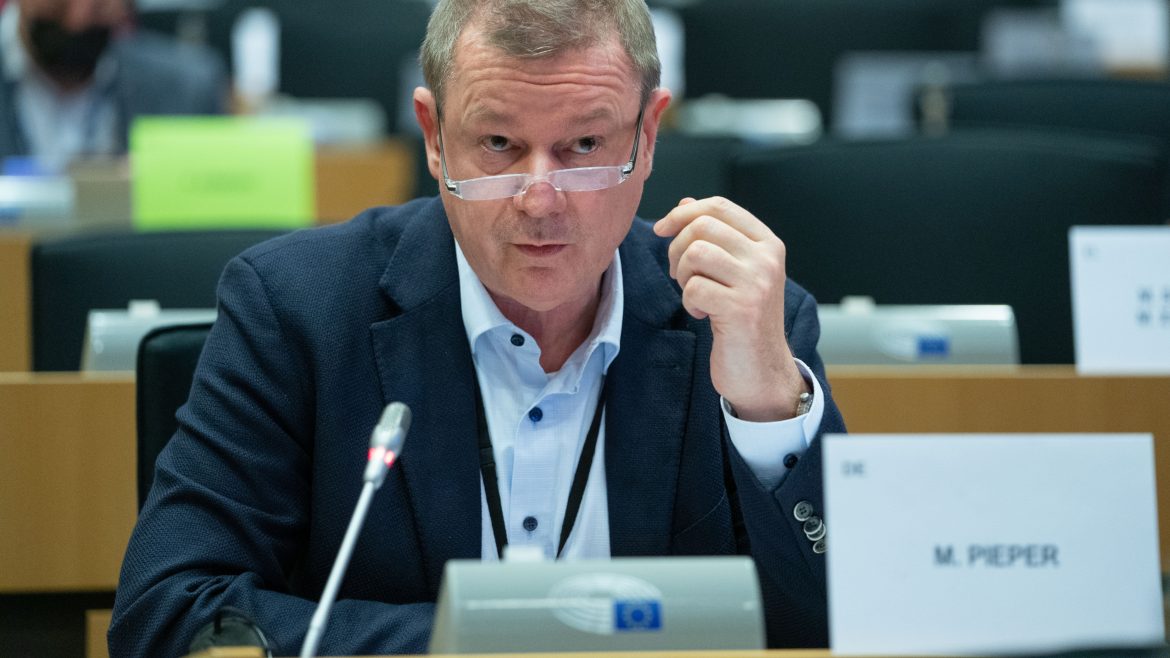As Russia’s war in Ukraine continues to have profound consequences on the European Union’s energy and climate policies, the four largest political groups in the EU Parliament have thrown their weight behind proposals to raise the union’s energy efficiency target for 2030.
The groups say that this move will help ease energy prices for consumers and eliminate imports of Russian fossil fuels.
Recall that in May, the European Commission proposed raising the EU’s energy efficiency target to 13% by 2030, up from the 9% figure it originally put on the table in July last year.
Read also: Pacific island leaders declare climate emergency
The plan, which was dubbed REPowerEU, is designed to among other things, cut imports of Russian fossil fuels by two-thirds before the end of this year and eliminate them completely “well before 2030” by diversifying gas supplies and accelerating the green transition.
According to reports, this will be the first time that energy savings become a legal obligation on EU member states, which increases the odds that the target will be met.
However, as the war drags on and Russia threatens to cut supplies to Europe entirely ahead of next winter, lawmakers in the European Parliament have decided to up the ante and raise the EU’s efficiency target even further.
Recall that the Parliament’s four largest political groups – the centre-right European People’s Party (EPP), the Socialists and Democrats (S&D), the centrist Renew Europe (RE) and the Greens – On 11 July, put forward joint amendments for the revised energy efficiency directive.
Niels Fuglsang, a Danish lawmaker from the S&D group who is the Parliament’s leader on the revised directive, said that “this deal has broad political support in the European Parliament, which shows a commitment to deliver,”.
Story was adapted from Climate Home News.
